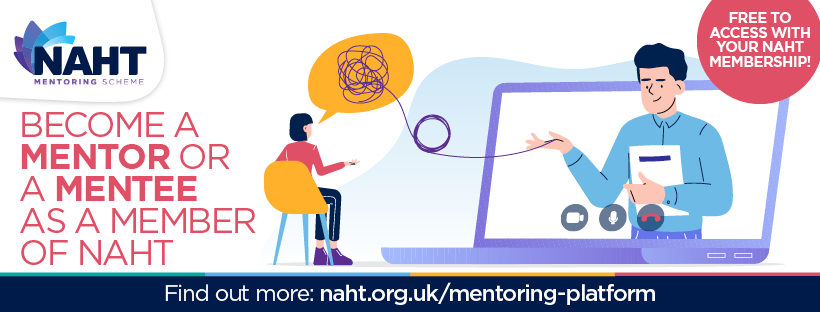Achieving your Chartered Status inspires high levels of trust. According to a paper on professionalism by the CII the majority of consumers say that they would have more trust in advice from a Chartered professional than one who is not Chartered.
CII Chartered members say that the two biggest motivators to achieving Chartered status were “satisfaction of reaching the top of my profession” and “demonstrating commitment to delivering a professional service”.
Therefore, the benefits of becoming Chartered are clear. Whether you have already embarked on becoming Chartered or are still at the consideration stage you probably have lots of questions. This is where a mentor can be helpful.
Mentoring involves a reciprocal relationship typically between two individuals in which one person shares their knowledge, skills and experience with another individual to help them progress personally and/or professionally. Working towards Chartership status with a mentor by your side who has already been through the process and achieved their status can be invaluable.
The sharing of knowledge is an important part of mentoring relationships. Through mentoring, both mentor and mentee can learn to understand the wealth of knowledge that makes up their professional expertise. Their reflection and interaction will lead to increased competence and the mentoring will help to fundamentally alter a practitioner’s view of what it is to be a professional.
If you are at the stage where you believe Chartership could improve your career but are uncertain what is involved then a mentor who has already achieved their Chartered status could answer some of your questions about the reality of what is involved and help you to understand the level of commitment, but also to share with you their experience of the benefits of achieving their status.
Once you have made the decision to move forward, the first area that a mentor could be of help is in understanding and preparing for the application process. It is not the mentor’s role to do your application for you, but they can certainly use their experience to give you pointers on the type of things that they covered in their application and indeed guidance on any areas where they may have initially struggled and any areas you are struggling with.
Once your application has been accepted, your mentor can continue to give you support, guidance and motivation to move forward in gathering the evidence you require and provide a sounding board for ideas on how you wish to present the information in a way that is expected.
A mentor can act as a non-judgmental sounding board for your ideas and can focus on helping you overcome any challenges that you encounter and to develop any new skills and knowledge that may be necessary in order for you to achieve your Chartered status. Whilst a mentor can help you achieve your Chartered status, ultimately you are in control of your application and need to take the necessary action.
A mentor can help you to gain impartial advice and an alternative perspective, but one that is based on the experience of having gone through the process themselves. A good mentor can then help to lift you up and give you the tools you need to succeed.
NAHT’s Mentoring Scheme

A leader’s career can be a long, winding road, so we want to support this community the best way we can. One such way is by facilitating contact between leaders at various stages of their career allowing them to share best practice and invaluable guidance. By working together and tapping into all this knowledge we can make education the best it can be.
This platform provides a space for school leaders to share and gain knowledge that will benefit those starting their leadership journey as well as seasoned leaders.
For mentees, it’s a great way to build on areas that you’re less familiar with or that are completely new to you, and in turn build a strong working mentor relationship that’ll inspire you. For mentors, it’s a chance to give back and help strengthen the profession by sharing your experience and knowledge.

